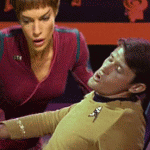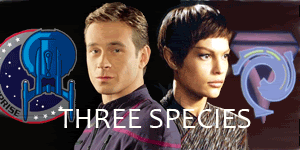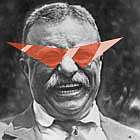Postby Alelou » Wed Jul 09, 2008 6:46 pm
That's pretty typical. You don't have a press association, or somewhere you guys all hop on and comment so you can get your suspicions out there? Here it could become a discussion point at Romanesko or gawker or media bistro or whatever. If nothing else you could point out your paper ran with the story FIRST.
In the run-up to the Iraq War one of the only serious attempts by American media to cover the story of how flawed the intelligence was came from the Knight Ridder Washington bureau, which serves local papers, not the national papers of record. And they were mostly ignored, except by the government itself. Here's some of the relevant transcript from Frontline on PBS:
JAY ROSEN, Assoc. Prof. of Journalism, NYU: The way that the press was sold and spun and turned around and just fooled by the White House in the run-up to the war represents more than just a missed story. How can one say that we have a watchdog press after a performance like that?
Philadelphia Inquirer, October 8, 2002: "OFFICIALS' PRIVATE DOUBTS ON IRAQ WAR"
NARRATOR: In fact, there was some WMD reporting that did get the story right.
CLARK HOYT, Knight Ridder Washington Editor, 1999-`06: What we were doing was following reporting. And good solid reporting was telling us one thing, and that's what we wrote.
NARRATOR: Clark Hoyt was Knight Ridder's Washington editor during the run-up to the war in Iraq.
CLARK HOYT: What we were hearing, from very good sources, was really nothing has changed with Iraq.
NARRATOR: But as they continued their skeptical reporting, Hoyt says they began to feel heat from the government.
CLARK HOYT: Someone in the Defense Department called our reporter a communistic Bolshevik. Others said, "You know, all you guys have in this town is your reputation and your credibility, and we're going to get you. We're going to get that."
San Jose Mercury, September 7, 2002: "LACK OF STRONG EVIDENCE CLASHES WITH WHITE HOUSE WARNINGS"
CLARK HOYT: I will say, at times, it seemed very lonely because you kept looking around and saying, "Where's everybody else?"
 And I'm pretty convinced that this "national news guy" took the information from my column, but without crediting me...
And I'm pretty convinced that this "national news guy" took the information from my column, but without crediting me... 






 .
.










